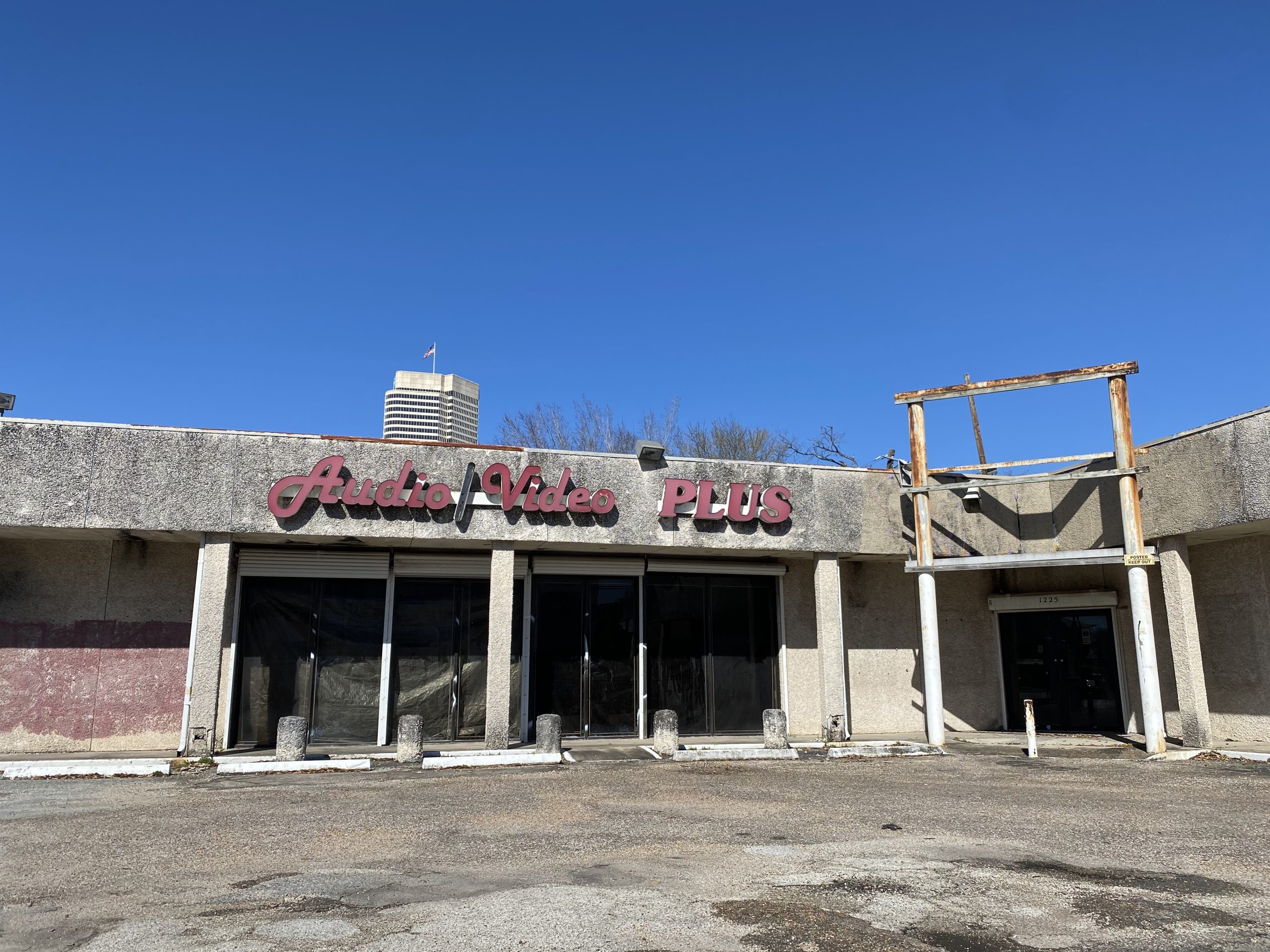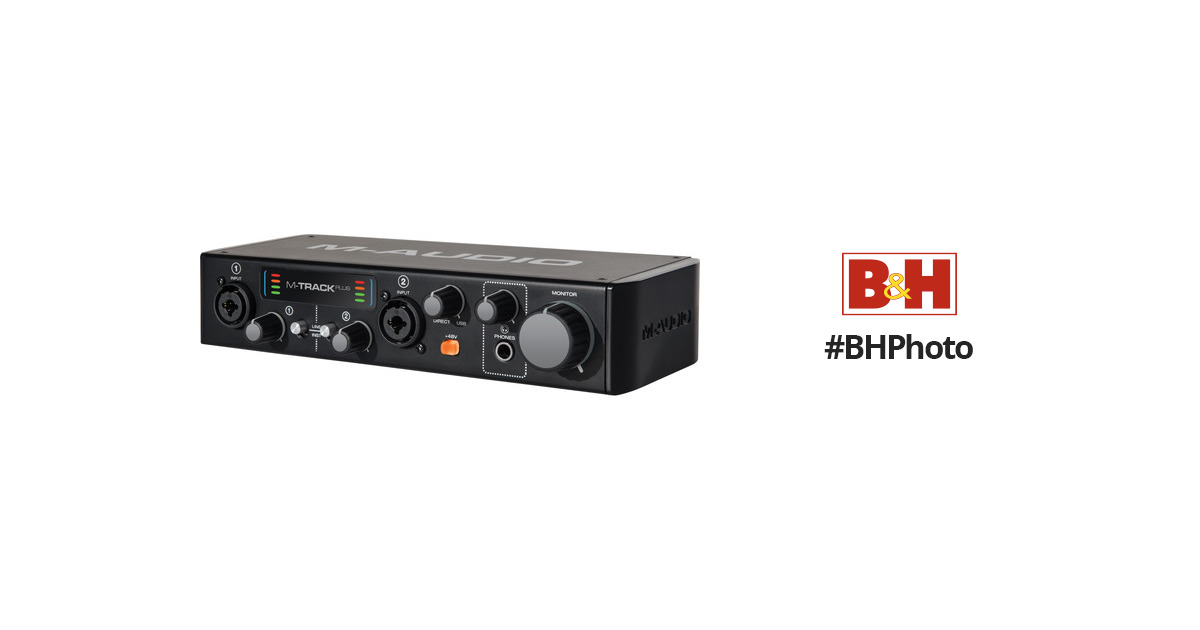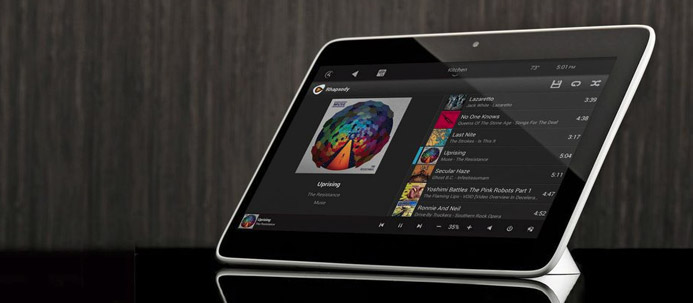
The block lettering was arranged from the literal AUDIO VIDEO + to the more abstract. The following variant original sketches were considered as final contenders. This original sketch above provides the initial marketing pitch from an agency to devise the store’s logo. The store ordered the entire catalog from Allied Artists to provide a rental stock to their new customer base. The store carried VCRs for VHS and Betamax along with camcorders, blank media, and select high-end stereo equipment.
Audio video plus houston plus#
The new store would provide sales, equipment (hardware and software), and service related to home movies. Specialties: Video Plus Entertainment specialize in TV mounting Installations, Home Theater Installations, Home Automation Installations ,and Home Networking Installations. Playing on the Astro name, the new video retail endeavor was to be known as Audio-Video Plus. By 1979, home video was entering the market and he and Susan Gee partnered with a local theater owner to open one of Houston’s first independent video stores.

Lou Berg founded Astro Audio-Visual in 1978 as a sales, rental, and video production company that operated out of a warehouse in Houston’s Montrose neighborhood. For a video store with such significance as Audio/Video Plus, this chronicle of the logo creation makes it a truly special treat for video era enthusiasts everywhere. They’ve all become mini-icons in their own right. the Vestron “V”, the Unicorn Video rainbow, and the grinning, top-hat-sporting skeleton of Midnight Video. And I think we can all agree that logos and iconography play a major part of the retrospective appreciation of the video era, and resultantly communicate something more than just a logo it communicates persuasions, aesthetics, and a body of work e.g. It’s rare that we’re able to see the process of a logo creation from its conception to execution for any entity. What’s a business without a logo? Here we present the initial sketches and ideas for the Audio/Video Plus imprint, detailing all of the potential variations, and the eventual decision on the iconic logo that graced its storefront, and everything else representing AVP. More visions into the rich history of Audio/Visual Plus! Photos courtesy of Benny Junko / Video Sanctum. Before we dive in to the first installment of this radical remembrance, know that this ongoing online retrospective is in anticipation of a full-on published documentation of AVP, complete with anecdotes from employees, customers, and the owners of AVP, and of course, a chronicle of incredible visuals and sundry ephemera from the wonderful 30+ years of AVP’s influential existence. We here at Lunchmeat are absolutely thrilled at the opportunity to share these pieces of AVP’s home video history with you over the next several months, which is undoubtedly an incredible opportunity for intimate insight on the often shadowy and undocumented details of the video era. Through Junko’s stewardship of the exhaustive AVP archive, and a connection to the original owners, he has amassed a complete documented history of this magnificent independent video store, featuring 32+ years of communication, photos, catalogs, various paper ephemera, found footage, and of course, myriad stories of influence and culture. The heir to that immense amount of video treasure is Benny Junko, who is the night manager over at Video Sanctum, and now the official archivist for the Audio/Video Plus empire. The store also held a stockpile of warehoused retail VHS and Betamax spanning the entirety of the three decades from its origin in the late 70s.


At their closure in 2012, the store had built a VHS rental library of 60,000 titles and at least two-thirds of these repeated on Betamax.

Images courtesy of Benny Junko / Video Sanctum.Īt the height of AVP in the mid-1980s, the store boasted one of the largest video libraries in Texas. To those who knew the place, there was a general consensus solidified about A/V Plus: if AVP didn’t have it, it simply didn’t exist.Ī collection of photos from the Audio/Video Plus archive. It sounds like a bold statement, but it was true. Each set of speakers has a distinct sound, and a quick look at specifications. It was a place that carried everything in the video realm: every title, every variation, and every persuasion of home video was available within their walls. Audio/Video Plus (also affectionately known as A/V Plus and AVP) became a powerhouse one-stop shop for all things relatable to its namesake, videocassette rentals and sales in specific. Photo by Jack Lawrence.Įstablished in 1979 by proprietors Lou Berg and Susan Gee, Houston, TX-based Audio/Video Plus was a pioneer and respective giant in the video rental and retail business. Weâve all come across something that belonged to someone else â whether itâs as simple as a grocery list left in a shopping cart or as personal as a letter intended for a boyfriend.The AVP Storefront, now vacant, after many years of video excellence.


 0 kommentar(er)
0 kommentar(er)
